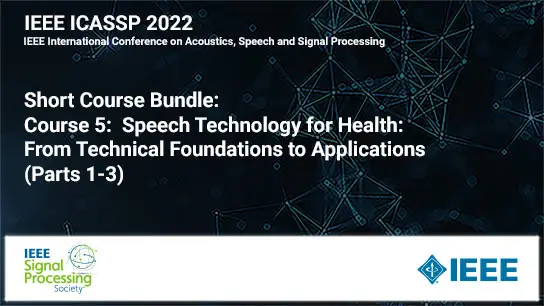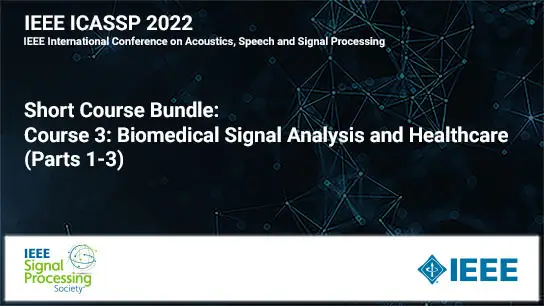Leveraging Multi-Visit Information For Magnetic Resonance Imagereconstruction: Pilot Study On A Cohort Of Glioblastoma Subjects
Youssef Beauferris, Roberto Souza, Mike Lasby
-
Members: FreeSPS
IEEE Members: $11.00
Non-members: $15.00Length: 00:10:10
28 Mar 2022
Deep-learning-based Magnetic Resonance (MR) imaging models can reconstruct MR images from undersampled acquisitions, leading to expedited MR examinations. Nevertheless, most MR reconstruction methods do not consider multi-visit information (i.e., past exams) that is often available. In this work, we investigated whether multi-visit information could be used to improve MR image reconstruction. This pilot study used a challenging brain MR dataset from a cohort of glioblastoma patients whose brain images are expected to present significant changes in between exams. The results of the model that leverages multi-visit information were compared against a baseline that does not use that information (i.e., single-visit reconstruction). We evaluated the results quantitatively using structural similarity (SSIM) and peak signal-to-noise (pSNR) ratio. Compared to the baseline model, the model that leverages multi-visit information increased SSIM and pSNR by 9% and 6%, respectively. Despite the anatomical changes between pairs of past and present scans, visual assessment indicates that the multi-visit reconstruction is not incorrectly biased towards the previous scan.



